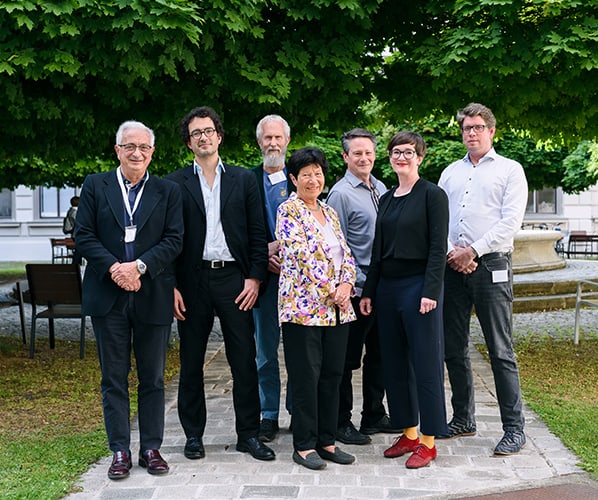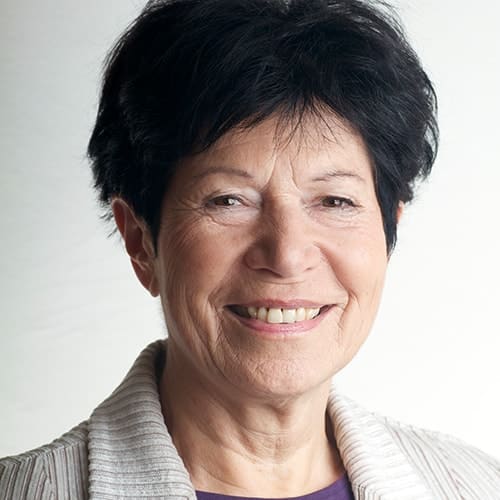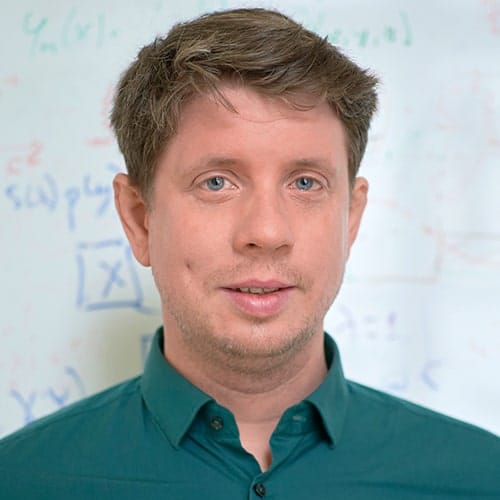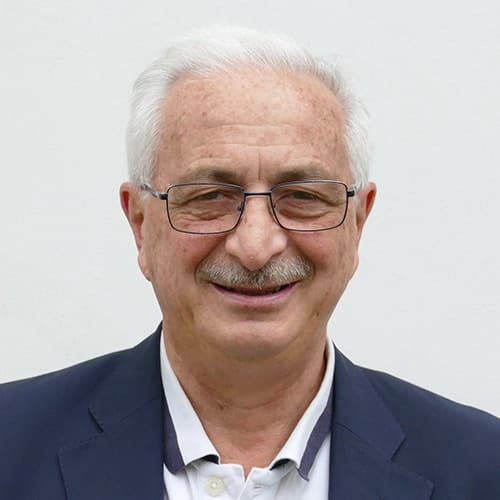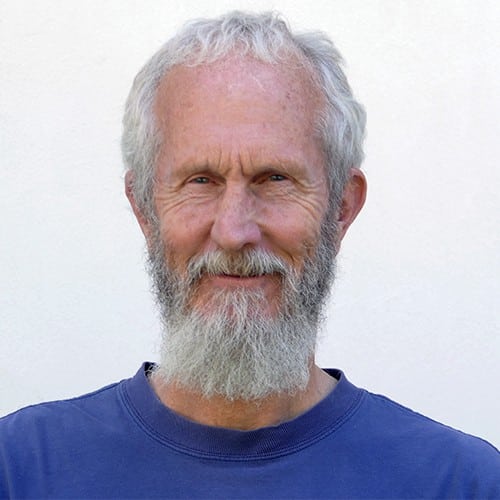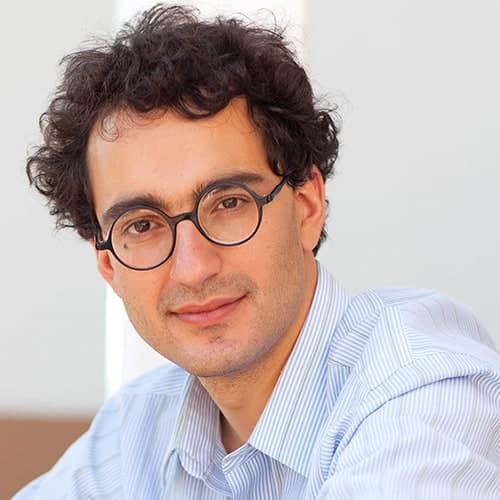The 21st century crises, from climate change or financial crises to the Covid-19 pandemic or the war in Ukraine, demand new scientific understanding and approaches, urged leading academics and public sector representatives on Monday at a panel discussion hosted by the CSH.
To address the challenges facing society, democracy, and humanity as a whole, the six panelis called for more scientific collaboration. In addition, they stressed the importance of accepting uncertainty in science
“Whatever we try to foresee and predict is imbibed in probabilities, and there are significant areas of uncertainty,” said Helga Nowotny, chair of the CSH Science Advisory Board. Additionally, Helga mentioned responsibility—individual, institutional, and collective—and complexity science as key concepts in dealing with the grand challenges society faces.
“How do you take responsibility for present actions whose first impacts will appear somewhere in time—and we have no idea when—and will affect different groups differently?,” questioned Helga. “Is complexity science pointing in the right direction? It has produced tools, methods, and insights. But we need to have a much stronger engagement and commitment to deal with the urgent issues of our time.”
Luciano Pietronero, CSH External Faculty and professor at the University of Rome ‘Sapienza’, also emphasized the importance of dealing with uncertainty in science. He spoke of the original project he pioneered with the Italian government in order to create “scientific startups”. “My view is that we, as scientists, are too conservative. The people investing in startups accept a failure of 90 percent, for instance,” said Luciano during the panel moderated by W. Wayt Gibbs, our current COSY Journalist in Residence.
GREATER COLLABORATION
Science can contribute in three different aspects to policy making, said Henriette Spyra, Director-General Innovation & Technology at the Austrian Federal Ministry for Climate Action, Environment, Energy, Mobility, Innovation & Technology: by scrutiny, systemic approaches, and radical collaboration. “Scrutiny is not only about setting objectives but also about achieving impact. We really do need more monitoring than we do now,” stated Henriette.
“On the topic of systemic approaches, I think it’s really important to get down to the details. We need to dive deeper on the mechanics of how government, organizations, rules, and regulations work, for instance. And obviously, this calls for greater collaboration.” In addition, we should think about “radical transparency and collaboration (between science and society),” added Henriette, mentioning an article in which scientists call for a moratorium on climate change research until governments take real action.
LESSONS FROM THE PANDEMIC
CSH’s Peter Klimek also stressed the urgency of taking a systemic approach when handling complex issues. “We can dissect a problem into one million smaller problems. None of these problems is fun to work with. In fact, all these problems are hard to work with before we can make a millimeter of progress. But, at the end of the day, that’s what we need to do as scientists.”
“This is one of the lessons learned from the pandemic. It’s not enough just to wear a mask, or just to be vaccinated. We have to solve one million little problems at the same time.”
OPTIMISM
Despite the present disruptions and changes, Henriette claims herself to be “stubbornly optimistic.” J. Doyne Farmer, CSH External Faculty and professor at the University of Oxford, shares the same optimism. “I think it’s a tremendously exciting point to be a complex system scientist because we can really solve problems now that have huge effects on the future course of the world,” he said. “We have tools that will allow us to solve these problems and create a new social science that will go far beyond what we were able to do in the past, especially due to the incredible amount of data. But we have to make this happen.
“We’re going to take many false steps, but we can change things if we start to, collectively, think about a model and understand our future and convince people to take paths that respect our human nature,” adds Doyne.
INDIVIDUAL MINDS
Simon DeDeo, CSH External Faculty and professor at Carnegie Mellon University, emphasized the individual’s role in managing the transition in the course of a crisis. “What we need to learn as scientists—and what we need to enable policymakers to do—, is to create better possibility machines. Not probability machines, not things that make the world more predictable in the ways we want. We may need extraordinarily imaginative thinking at the level of the individual”, stated Simon. “If, from 1950 to 2020, we were in a world of ‘good systems making good citizens,’ in this future we need to empower good citizens to make better systems.”
